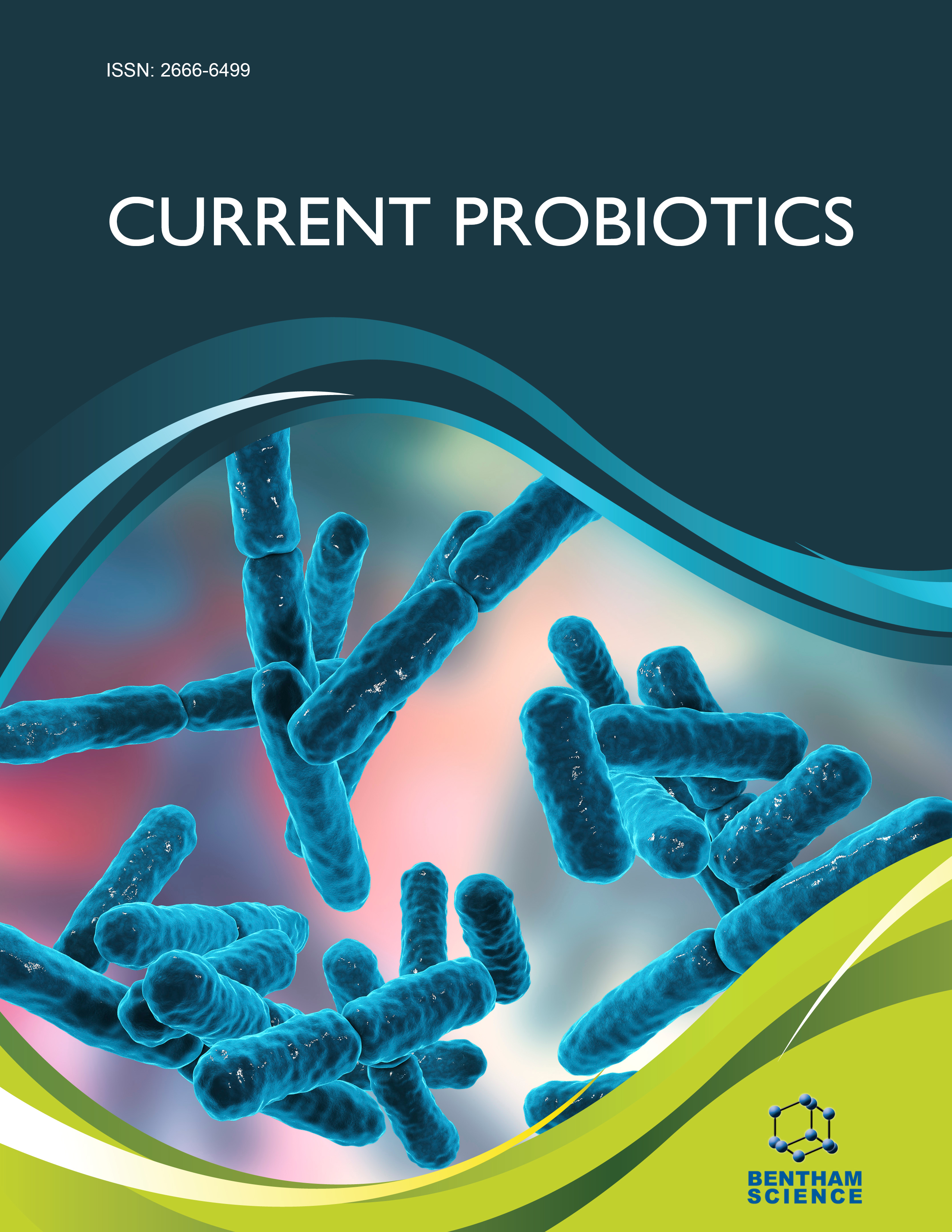
Full text loading...
Colorectal cancer (CRC) imposes a significant burden on global healthcare systems, particularly in Europe, where it ranks among the most diagnosed cancers and leading causes of cancer-related deaths. With an estimated 50,000 deaths attributed to CRC in 2023 alone, a pressing need for innovative approaches to prevention, early detection, and treatment is evident. While chemotherapy and surgical resection remain crucial therapeutic strategies, they often entail significant adverse effects, such as chemotherapy-induced diarrhea and post-surgical complications.
Recent research underscores the role of the microbiota in modulating these side effects, with dysbiosis associated with increased risks. Probiotics, known for their ability to restore microbial balance, have emerged as a promising adjunctive therapy for mitigating treatment-related complications in CRC patients. However, the efficacy of probiotics remains debated, necessitating a meta-analysis to provide a comprehensive assessment. Hence, this study aimed to evaluate the efficacy of probiotics in reducing complications in CRC patients undergoing chemotherapy and intestinal surgery. For this purpose, thirteen randomized controlled trials (RCTs) meeting strict inclusion criteria were included in the meta-analysis.
Probiotic administration was associated with significant reductions in postoperative infections, including surgical site infections (SSI), pneumonia, urinary tract infections (UTI), and central line infections, showing a Risk Ratio (RR) of 0.74 with a Confidence Interval (CI) of 95%. Moreover, probiotics demonstrated efficacy in mitigating chemotherapy-induced diarrhea and post-surgical complications, such as anastomosis loosening and abdominal disorders, with an RR of 0.35 and 0.74, respectively, with a CI of 95%. While promising, further research is needed to optimize probiotic interventions and address potential interactions with concurrent therapies. Integrating probiotics into perioperative care protocols presents a convincing opportunity to enhance surgical outcomes and improve patient prognosis following CRC resection.
Future randomized controlled trials should focus on identifying optimal probiotic strains, dosages, and administration timing to maximize therapeutic benefits.

Article metrics loading...

Full text loading...
References


Data & Media loading...
Supplements

